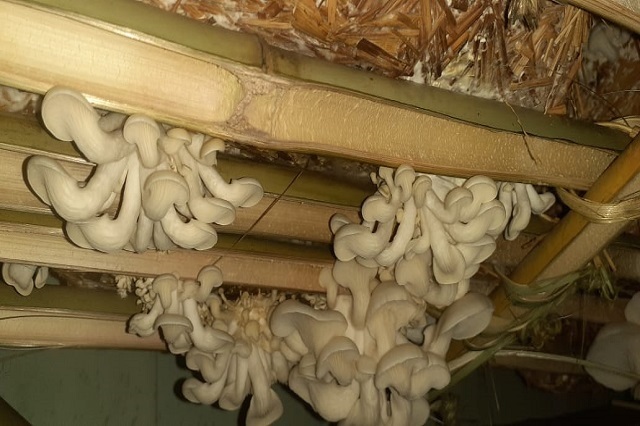Natural Farming
Shubham Charitable AssociationNatural Farming
Natural farming projects, also known as organic farming or sustainable agriculture projects, involve cultivation methods that prioritize environmental harmony, soil health, and the minimization of synthetic inputs. The primary goal of natural farming is to work in harmony with nature rather than against it, promoting biodiversity, conserving resources, and producing healthy and chemical-free food.

No Chemical Pesticides or Fertilizers
Natural farming avoids the use of synthetic pesticides, herbicides, and chemical fertilizers. Instead, it relies on natural methods to control pests and enhance soil fertility.

Compost and Organic Matter
Natural farming emphasizes the use of compost and organic matter to enrich the soil with nutrients and improve its structure.

Beneficial Microorganisms
Natural farming encourages the use of beneficial microorganisms such as mycorrhizal fungi and beneficial bacteria to improve soil health and nutrient uptake by plants.

Water Conservation
Natural farming techniques aim to conserve water through measures such as mulching, rainwater harvesting, and efficient irrigation methods.

Education and Training
Natural farming projects often include educational programs and training for farmers to learn about sustainable agricultural practices and techniques.
The Training includes Mushroom Growing, Seasonal Crops, Local Spices, Honey etc.

